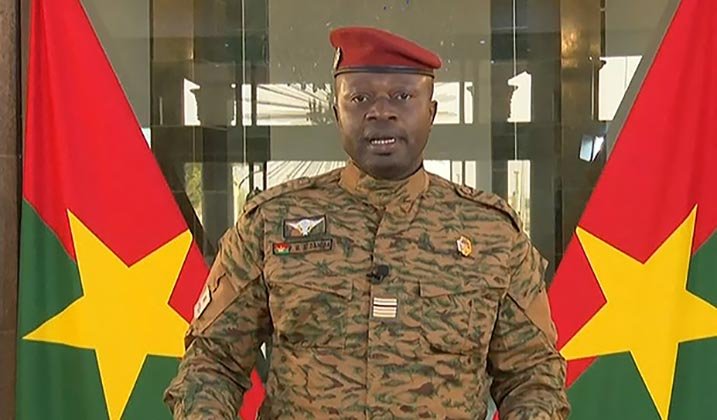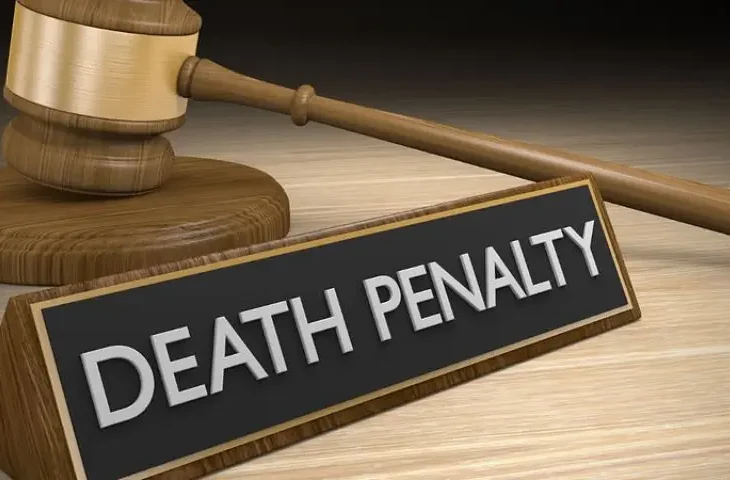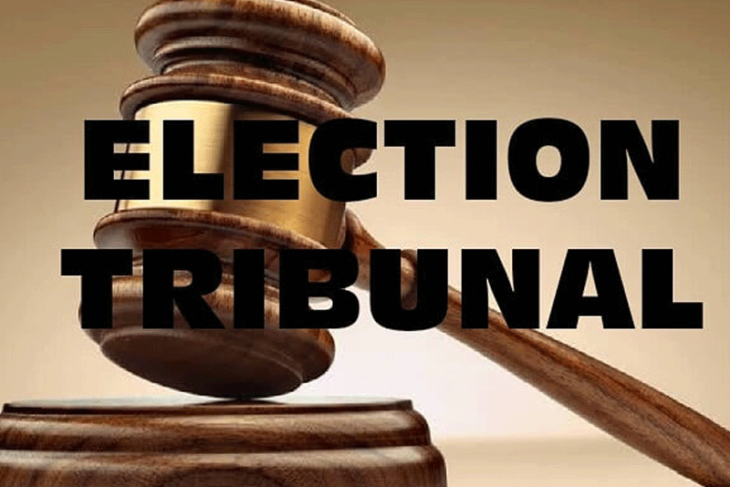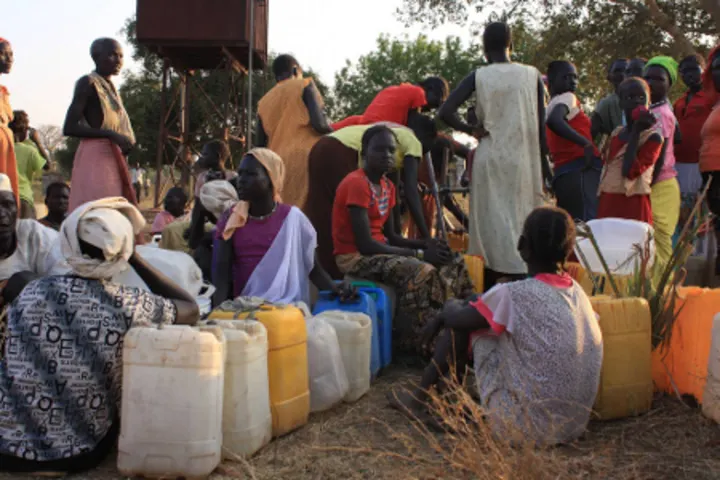
Burkina Faso’s junta leader, Lt. Col. Paul Henri Sandaogo Damiba, was sworn in as president Wednesday, less than a month after mutinous soldiers seized control of the West African country in a coup.
The ceremony, not open to the general public, was held at the constitutional court.
Damiba seized power promising to secure the war-torn country from growing violence linked to al-Qaida and the Islamic State group fighters that have killed thousands and displaced more than 1.5 million people.
In a televised ceremony, Damiba swore an oath before the country’s top constitutional body to “preserve, respect, uphold and defend the Constitution”, the nation’s laws and a “fundamental act” of key decisions approved by the junta.
Damiba was dressed in camouflage uniform and a red beret and wore a sash in the colours of Burkina’s national flag.
The press, but no foreign representatives, attended the ceremony in a small room at the offices of the Constitutional Council.
On January 24, Damiba, 41, led disgruntled officers to force out Kabore following public anger over his handling of a bloody jihadist insurgency.
Last week, the Constitutional Council formally determined that Damiba was president, head of state and supreme commander of the armed forces.
Since taking control, Damiba has met with security forces, civil society, diplomats and politicians, but has not set a timeline for a return to democracy, something the international community has said must be done as soon as possible.













